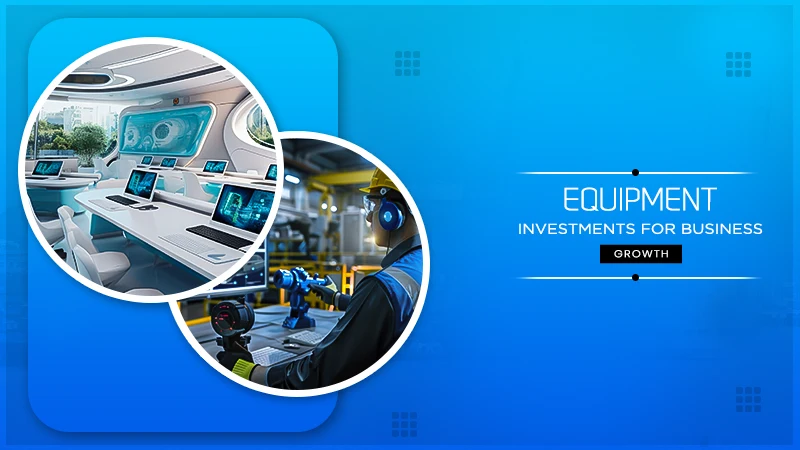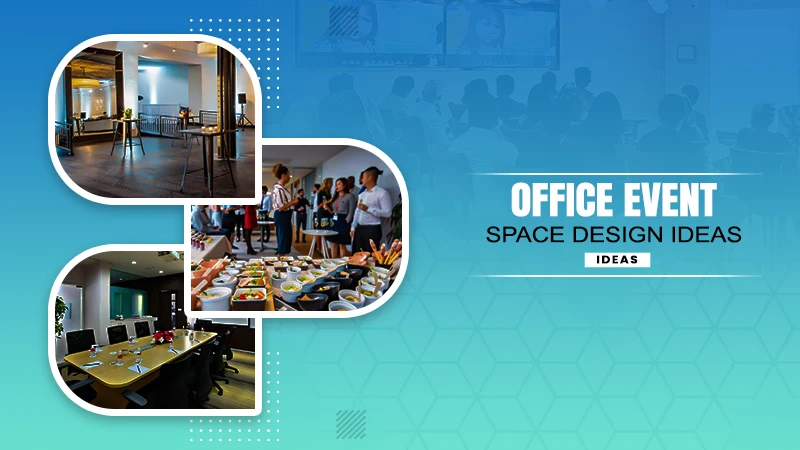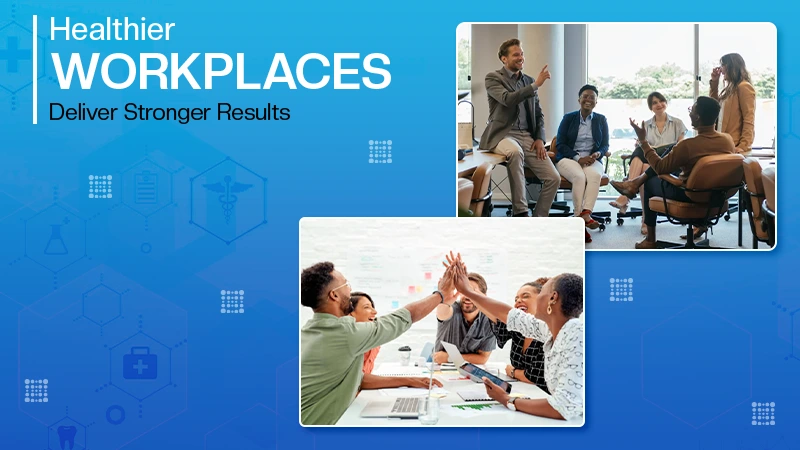By automating the manual tasks.

KEY TAKEAWAYS
- Learn about the new core of accounting education and the human role in it
- Discover how automation is reshaping the learning process and how educators are responding to it
- Understand ways students can prepare for future accounting roles
Introduction
Have you recently seen someone doing accounting by hand? Probably not, right? Manual data entry and spending hours on spreadsheets is not so common now, and the reason behind it is Artificial intelligence (AI).
AI tools can easily extract data from receipts, classify transactions, reconcile accounts, and even identify anomalies, all of this with little human supervision.
This change is also affecting the way the accounting students learn. Before, they used to do manual entries and balance books, but now most of the things are automated by AI, which means students are now learning to analyze and make decisions using information from AI.
Let’s dive into this blog and learn more about how AI and automation are changing accounting students’ learning styles.
The New Core of Accounting Education
The focus of accounting education for many years was on procedural accuracy. Students were taught to record transactions by hand, create trial balances, and prepare financial statements from scratch. Though these things still matter, the skills most valued today are shifting toward interpretation and analysis.
1. Data literacy over data entry
Automation now handles repetitive data tasks more efficiently than any human could. Instead, students must become fluent in data literacy—understanding what the numbers mean, how to question them, and how to use data to make smart decisions. AI-based platforms like QuickBooks Online, Xero, and SAP S/4HANA now teach students to manage real-time financial data, giving them exposure to dynamic business environments.
2. Technology fluency
Accounting students can no longer view technology as an optional skill. Understanding AI, cloud platforms, and machine learning algorithms is becoming essential. Some universities have introduced modules on predictive analytics, process automation, and data visualization to prepare students for roles that blend finance, technology, and strategic thinking.
3. Ethical reasoning
With AI, challenges like transparency, privacy, and bias come together like the fragrance with flowers. Future accountants must understand how to use automated tools responsibly—ensuring compliance with ethical standards, auditing algorithms for fairness, and maintaining accountability when machines make decisions.
4. Strategic communication
With machines doing much of the number crunching, human value increasingly lies in communication. Students must learn how to explain complex AI-driven insights to clients and managers clearly, bridging the gap between data science and business strategy.
Together, these skills redefine what it means to be an accountant. The professional of the future is not a data processor, but a data interpreter and strategic advisor.
The Human Role in an Automated World
Even as automation advances, humans remain central to accounting. Technology can process data, but it can’t replace human insight, ethics, or empathy. Accountants must balance the efficiency of machines with the moral and contextual understanding that only people can provide.
Supervision is one of the most important human functions. Accountants must ensure that automated systems produce accurate, fair, and unbiased results. They serve as auditors of technology, maintaining transparency and ethical responsibility in financial decision-making. This means developing both technical and critical-thinking skills—learning to question AI outcomes instead of accepting them blindly.
Emotional intelligence is also very important. Machines can give you numbers, but only humans can understand their meaning, reassure clients, and build trust. Communication, teamwork, and empathy are becoming as vital as financial acumen. For instance, some learners use platforms such as write my paper 4 me to receive expert guidance on writing clear, data-driven reports. Used wisely, this kind of support helps students learn how to blend precision, readability, and analytical reasoning—skills essential when presenting automated results to clients or management.
Creativity plays a growing role as well. With automation handling repetitive tasks, accountants can focus on improving systems, designing smarter processes, and developing innovative ways to visualize data. Students who embrace creative problem-solving gain a competitive edge in the modern workplace.
Finally, lifelong learning has become indispensable. Accounting technologies evolve rapidly, and today’s cutting-edge software can become outdated within a few years. Professionals who commit to continuous education—through certifications, workshops, and online courses—stay ahead of change and sustain long-term career success. Education now extends far beyond graduation; it’s a lifelong journey of adaptation and growth.
How Educators Are Responding
Accounting educators are reshaping their programs to prepare students for this digital future. Instead of teaching technology as a separate topic, they integrate it into traditional courses. In auditing classes, for example, students might use data analytics software to review transactions. In cost accounting, they might use automation tools to forecast expenses or analyze patterns. This approach shows how technology naturally fits within accounting principles.
Also, a lot of colleges are forming alliances with top software companies like Microsoft, Sage, and Intuit. These collaborations give students direct experience with industry-standard tools, bridging the gap between classroom theory and workplace practice.
Ethics has also become a major focus. With the growth of AI, educators are making sure students understand the moral and legal sides of automation. They teach how to protect data, identify bias, and maintain professional integrity in an increasingly digital world.
Collaboration across disciplines is another trend. Accounting students often work with peers in computer science or business analytics to solve shared problems. This helps them understand how accounting connects with other areas of technology and business.
In short, educators are not just teaching students to adapt to automation—they are preparing them to lead it.
How Automation Is Reshaping the Learning Process
AI and Automation are not only changing what students learn but also how they learn. Classrooms and training programs are integrating these technologies into their teaching methods to mirror real-world applications.
AI-powered simulations
Modern accounting programs use simulation software that mimics real corporate settings. Students can practice with virtual ledgers, generate automated reports, and analyze AI-generated dashboards. This hands-on approach helps them understand how decisions are made in automated workflows—something no textbook can fully capture.
Automation-assisted assignments
Assignments now emphasize higher-order thinking skills rather than tedious calculation tasks. Students might receive automatically generated data sets and be asked to interpret anomalies, identify trends, or suggest business strategies. This mirrors the way AI tools assist accountants in real firms, freeing up time for human judgment and creativity.
Personalized learning experiences
Adaptive learning platforms are revolutionizing accounting education. AI-driven systems can track each student’s performance, identify weak areas, and adjust the content accordingly. For example, if a student struggles with cost accounting but is skilled in auditing, the system can provide targeted exercises to close the gap.
From Memorization to Problem-Solving
Traditional accounting education often emphasized memorization—rules, ratios, and procedures. However, as automation handles the mechanics, educators are shifting their focus toward problem-solving, adaptability, and creative thinking.
AI tools can quickly find number mistakes, but can’t always explain why these mistakes happen. This is where human insight matters. Accounting students must now practice diagnosing root causes, understanding business contexts, and using professional judgment—skills that no algorithm can replicate.
In this new environment, professors encourage students to ask deeper questions:
- What assumptions underpin this automated calculation?
- What risks arise if we rely solely on AI-generated results?
- How can automation be improved or audited for transparency?
These questions build a generation of accountants who think critically about technology rather than simply using it.
Preparing for Tomorrow’s Accounting Roles
The future accountants will work less as traditional “number crunchers” and more as analytical consultants, system auditors, and digital strategists. The future accounting team will likely have both human and AI tools working together.
To prepare for this future, students can focus on:
- Understanding automation logic: Knowing how AI makes predictions and decisions enables better oversight and control.
- Mastering analytics software: Tools like Power BI, Tableau, and Alteryx are becoming as fundamental as Excel once was.
- Developing advisory expertise: Human insight will always be needed to explain numbers, interpret trends, and make recommendations that clients can act on.
- Embracing ethics and accountability: Future professionals must ensure that automated systems uphold fairness, privacy, and compliance.
By developing these skills, accounting students will not only remain relevant—they will lead the next phase of innovation in finance and business.
Conclusion
AI and automation are changing accounting education from the ground up. They’re influencing the skills students need, the tools they use, and the way they think about their role in business. The next generation of accountants is no longer defined by manual precision but by technological fluency, ethical awareness, and strategic judgment.
For students, this means embracing new technologies as partners rather than threats. For educators, it means creating learning experiences that encourage critical thinking, collaboration, and adaptability.
In the end, the accountants who thrive in this AI-driven world will be those who combine data-driven insight with human wisdom—proving that technology can enhance, not replace, the uniquely human art of professional judgment.





